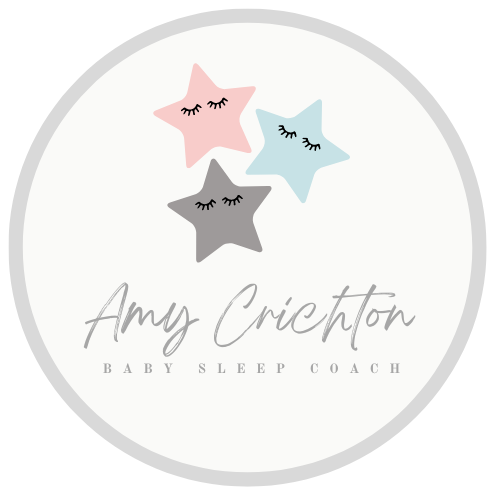Does your little one use a dummy? Have you decided it’s time for them to say bye bye to said dummy? Dummy use can be great for a number of reasons, but there comes a point when the cons start to outweigh the pros.
Are you finding your baby is waking regularly because they’re losing their dummy but they’re still too young to replace it themselves, meaning you’re making multiple trips to their cot each night? Babies don’t start to develop their pincer grasp until around 8 months old, sometimes a little later, so they may not be able to successfully replace their own dummy until around then.
Perhaps your toddler is starting to show signs of an overbite, or other dental issues, and you’re worried it’s connected to dummy use.
Or perhaps you simply feel they’re now too old for a dummy.
Whatever the reason, here are my top tips on removing the dummy:
Tip no 1.
If your little one is aged between six to 12 months this can be the best time to remove the dummy. The impact on your child may be less at this age because they haven’t developed such a deep attachment to it than they have at an older age. So if your little one is around this age and you’ve been thinking about stopping dummy use, now’s a good time to do it.
Tip no. 2
If your little one uses a dummy in the daytime as well as at night, you could try removing the dummy during the day first. Let them get used to not having the dummy in the day and then look to remove the dummy at night in due course.
Tip no. 3
If your little one is a bit older and can understand a story, you could tell them that the dummy fairy needs their dummies for the newborn babies who don’t have any dummies. You can involve them in packing up their dummies, writing a letter to the dummy fairy and posting it.
Commend them for being so brave and kind and when they get upset at bedtime, remind them how kind they’ve been to the newborn babies and how proud you are of them.
You could buy them a little treat or take them somewhere fun for a day out as a reward.
Tip no. 3
Unfortunately, there is no way to wean the dummy. Your child either has it or they don’t. So once you take the dummy away, it’s best to actually physically throw it away. Don’t leave yourself any temptation to give your little one back their dummy when they wake at night asking for it – no matter how tired you might be. Doing this will only make it harder for both you and your little one in the long run. Imagine how confusing that will be for them. Plus, next time they will be upset for much longer because they know there’s a chance you might give them back the dummy, so they will hold out for that.
Tip no. 4
Remember that your little one may have been incredibly reliant on the dummy to get to sleep. By removing the dummy, you are removing a very strong sleep association for them, so they may need to learn to self-settle. Your little one may need some extra support and comfort while they learn to sleep without the dummy. However, be careful not to develop new strong sleep associations that you then find hard to move away from further down the line.
Introducing a teddy or comforter as a bedtime companion (if your child is over the age of one) can be a lovely replacement for the dummy and will also act as a sleep assocation too.
Tip no. 5
The reaction to stopping dummy use can really vary from child to child. Some cope very well and barely notice it’s gone, while others really struggle with it. There’s no way to know how your little one will react until it happens.
If you find sleep becomes very disturbed because of it, then top-up sleep where you can. The last thing you want is overtiredness creeping in, making sleep worse. Have some early bedtimes while your little one is adjusting. In addition, if they need a longer nap to catch up on sleep, or an extra nap, that’s fine too. The process will be easier for everyone if your little one is as well rested as possible.
If you’ve found that sleep has really gone off the rails since removing the dummy and you’re just not sure how to get things back on track again, why not book a free discovery call to see how I can help you.
For more tips and advice visit my Instagram page.

